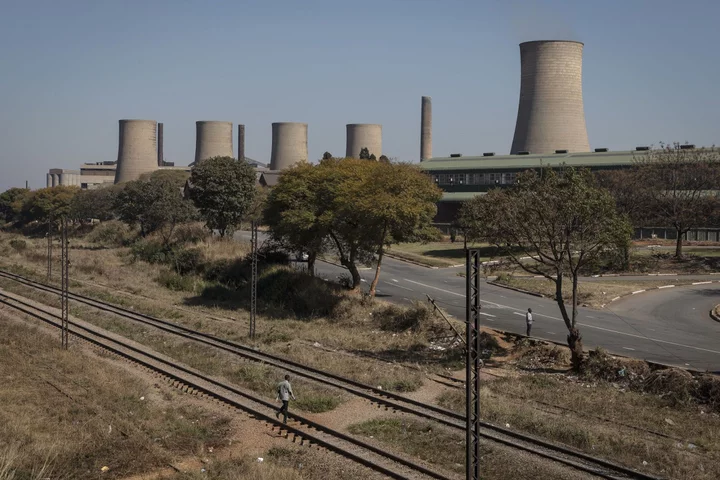Zimbabwe amended newly imposed laws governing carbon-credit projects on its territory to allow developers to keep a greater share of the profits.
Developers will no longer be required to hand over a quarter of their 70% share of profit to host communities, the government said in a statement on Wednesday. The state will still keep 30% and distribute it to the Treasury, appropriate local authorities and investments into climate change adaptation.
“We are doing this to be competitive in attracting the right investors,” Mangaliso Ndlovu, Zimbabwe’s environment and climate minister, said in an interview. “Every project is an investment in communities. They will still benefit from the 30% which goes to government.”
Zimbabwe roiled the $2 billion global carbon market in May when it voided existing deals and said the government would take half of the proceeds of any projects and at least 20% would need to be held by local investors. That highlighted to investors the unpredictability of the largely unregulated industry where countries can change rules overnight.
That demand was softened last month to 30% and the local ownership demand was scrapped.
The southern African nation is the third-biggest producer of carbon credits on the continent, accounting for about an eighth of production, according to RippleNami Inc., a California-based data company.
A single carbon credit represents a ton of carbon dioxide or its equivalent either removed from the atmosphere or prevented from entering it in the first place. Those securities are bought by producers of the climate-warming gases who want to offset their emissions.
The Zimbabwe Carbon Association, which represents 13 developers, said it welcomes the amendment as it “removes the burden” of making more investments into communities over and above the project’s activities.
(Updates with minister’s comments in third paragraph, additional details from fourth)

